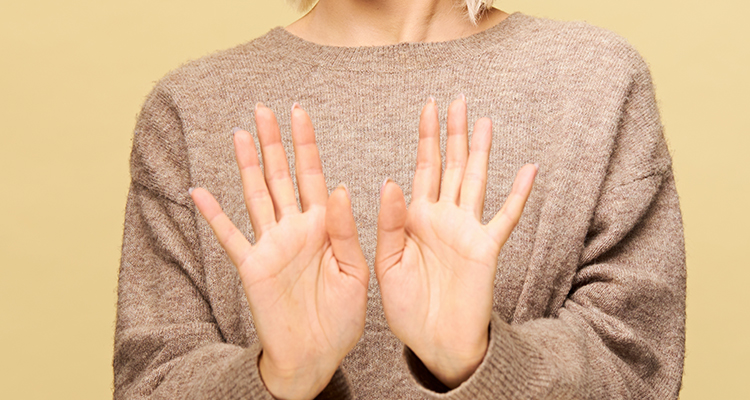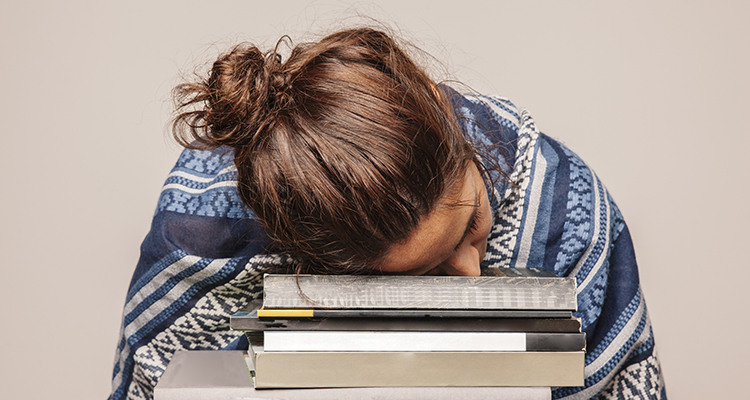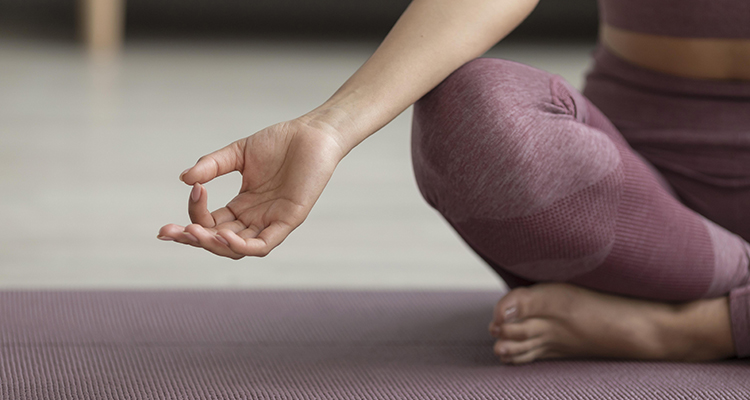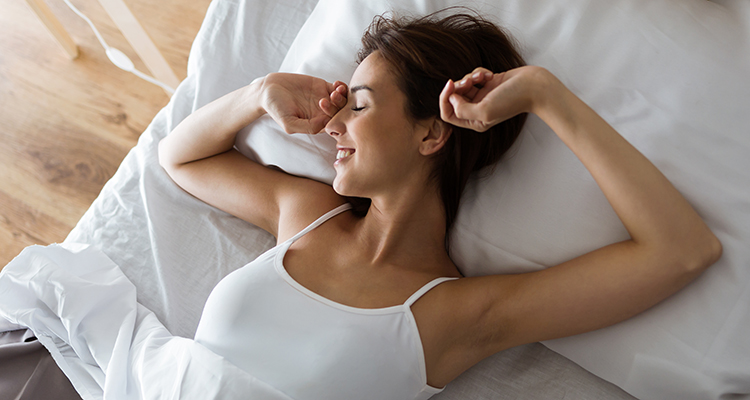Lorazepam for Sleep and Anxiety
Lorazepam, more commonly referred to as Ativan, is a benzodiazepine used to treat anxiety, insomnia, or sleep difficulties caused by anxiety or stress. Lorazepam is also used by patients suffering from chronic seizures and may be given before anesthesia as a relaxing agent. In some cases, benzodiazepines can help ease alcohol withdrawal symptoms.

Anxiety and stress, along with chronic pain, are the leading causes of insomnia and sleep disturbances in most adults. Lorazepam offers a dual approach by treating both the underlying anxiety as well as insomnia.
Here we’ll take a closer look at the active ingredients in lorazepam and how this benzodiazepine can help ease insomnia symptoms and related triggers.
Content
Everything You Need to Know About Lorazepam
One of the many benefits of lorazepam is the fact that it works rather quickly. Users often notice rapid improvement in both anxiety and insomnia symptoms once starting this medication. With that being said, lorazepam (like other benzodiazepines) is meant for short-term use only and has a high risk of dependency and addiction, both emotional and physical.

The strength of this medication also makes weaning off a must. Not doing so can cause extreme and dangerous withdrawal symptoms including dizziness, nausea, irritability, rapid heart rate, tremors, changes in blood pressure, and seizures. Never mix lorazepam with opioid medications or alcohol. Speaking to a healthcare professional is essential for choosing the proper dosage and treatment plan for both anxiety and insomnia.
Common Questions to Ask
If you’re considering lorazepam as an anxiety and insomnia treatment option, there are several questions to consider.
When and How to Take It?
Patients can take lorazepam with or without food but it’s best to be taken with food to avoid an upset stomach. Most people take their prescribed dosage at the same time every day or on an as-needed basis. When treating both anxiety and insomnia, it’s best to take your medication approximately 30 minutes before bed for the best results and to avoid daytime sleepiness. The full effects of sedation will last from 6 to 8 hours, helping you achieve a night of uninterrupted sleep.
Lorazepam is available in both liquid and pill form. Pills are available in 3 different strengths: .5 milligrams, 1 milligram, and 2.5 milligrams. Your doctor will determine the proper dosage based on your condition, age, weight, and overall health. Every 1 milliliter of liquid lorazepam contains 1 milligram of the medication. The most common dosage of lorazepam for anxiety is 1 to 4 milligrams, whereas lorazepam for sleep only requires 1 to 2 milligrams prior to bed.
If you miss a dose of your medication, it’s important to take it as soon as you remember to avoid withdrawal symptoms. If you remember too close to your next scheduled dose, check with your healthcare provider to avoid double-dosing. Overdose symptoms include confusion, slow reflexes, impaired coordination, and in some cases, death.
Who Should and Shouldn’t Take Lorazepam?
Lorazepam is not a suitable medication treatment for everyone. Most adults with GAD (general anxiety disorder) can benefit from this medication as part of a comprehensive treatment plan. In addition to insomnia and trouble sleeping, people with GAD may exhibit some of the following symptoms:

- Restlessness
- Muscle tension
- Difficulty concentrating
- Irritability
- Fatigue
Even if you are diagnosed with GAD and suffer from insomnia, the following medical conditions may prevent you from using lorazepam:
- Liver or kidney problems
- Diagnosed sleep apnea
- Breathing or chest problems
- Diagnosed depression or personality disorders
- Drug or alcohol abuse problems
- Glaucoma
What Medications Does Lorazepam Interact With?
It’s important to check with a medical professional before adding a new medication to your regime, especially if you’re currently treating another condition. There are several medications that may interact with lorazepam. These include:
- Benadryl and other antihistamines
- Opioid cough syrups
- Other anti-anxiety medications
- Other sleep aids including Ambien®
- Pain medication including morphine and oxycodone
Other Issues to Discuss with a Healthcare Professional
In addition to speaking with your doctor about any medications you’re currently taking, you should also discuss your entire medical background. This includes other treatment options you’ve used to treat your anxiety and sleep troubles.
Your doctor may ask you some of the following questions:
- How long have you been suffering from anxiety/insomnia?
- What other treatment options have you tried?
- How often are you experiencing symptoms and which ones bother you most?
- Do you have suicidal thoughts?
- Are you allergic to any medications or experience common side effects?
- Do you suffer from other psychiatric or medical problems?
- What forms of therapy have you tried or are currently trying?
- Are you pregnant or planning to become pregnant?
- How often do you consume alcohol or drugs?
If your doctor fails to ask a question that you deem important, don’t be afraid to bring it up. The more information your healthcare provider has, the better able they’ll be to determine if lorazepam is the right medication for your current condition.
Common Side Effects of Lorazepam
While lorazepam can help ease anxiety symptoms and treat related sleep disturbances, including insomnia, it’s not without side effects. Many of the most common side effects are relatively harmless and affect 1 in every 100 patients. These include:

- Daytime sleepiness and fatigue
- Muscle weakness
- Difficulty controlling movements
- Dizziness/lightheadedness
- Inability to concentrate
In addition, for 1 in every 1,000 people, lorazepam can cause more serious side effects. These include:
- Slow or shallow breathing
- Impaired memory
- Liver problems (yellowing of the skin or eyes)
- Hallucinations or delusions
- Sleepwalking
- Extreme mood swings including feelings of depression
Lorazepam is meant for short-term use only with most prescriptions lasting just 4 weeks. If you experience any of the abovementioned symptoms speak with your doctor immediately and before stopping your medication.
Combating the Side Effects of Lorazepam
Is lorazepam helping to ease your anxiety so you can achieve a quality night’s sleep, but also causing some unpleasant side effects? If you’ve finally found the best treatment for your insomnia and GAD, there’s hope! Here are tips for treating the most common and relatively harmless side effects of lorazepam.

Daytime Fatigue
Daytime fatigue is a common symptom of insomnia and also an unpleasant side effect of taking lorazepam for anxiety. It’s not surprising that this medication causes fatigue — after all, many people use it at bedtime for that desired effect. The problem is, it may also cause drowsiness during the day for some users, making it difficult to focus.
If you find yourself feeling unusually tired during the day, avoid driving or operating heavy machinery. Alcohol can also worsen your condition. For some people, a midday nap can help while others find it has the opposite effect. As your body adjusts to the medication, daytime sleepiness should lessen. Once you start sleeping consistently through the night, you’ll also feel more well-rested and energized. A lower dose may also improve symptoms.
Coordination Problems
Coordination problems can be a dangerous side effect that results in falls and injury, especially in older patients. If you find yourself experiencing dizziness or are unable to concentrate, you may also need a lower dose of lorazepam.
Muscle Fatigue or Weakness
Numerous things can cause muscle fatigue and weakness from excessive exercise to a poor diet. If your muscle weakness is unexplained or excessive, it may be a side effect of lorazepam. A lower dose may improve symptoms but your doctor may also request blood work to determine the cause of the problem.
- Dizziness/faintness
- Sweating
- Headache
- Stress/anxiety
- Drowsiness or insomnia
- Itching
In patients who develop an addiction to oxycodone, these symptoms may become more intense.
Alternative Treatments for Anxiety and Insomnia
Anxiety and insomnia are two highly intertwined conditions. Many people with insomnia also suffer from anxiety and most anxiety sufferers struggle with sleep. By treating and reducing anxiety symptoms, some people can achieve better sleep. In turn, a better night’s sleep may ease anxious thoughts and feelings.

Here are a few ways to treat both conditions at once as an alternative to medications like lorazepam.
Reduce Stress
Stress and anxiety are often related and with one comes the other. In addition, stress and anxiety make it difficult for many people to fall and stay asleep, causing insomnia. Some insomnia sufferers also report feeling anxious over the inability to sleep. When your emotions and thoughts are in a constant state of hyperarousal, it can be difficult to slow your heart rate and relax enough for sleep.
Try incorporating stress-reducing activities and practices into your daily routine. These can include anything from exercise and yoga to meditation and other self-care practices. By reducing your stress, you’ll also reduce feelings of anxiety and potentially achieve a better night’s sleep.
Adopt a Healthy Nighttime Routine
Your body’s internal sleep/wake cycle (also known as your circadian rhythm) controls when you fall asleep and wake each day. Certain behaviors trigger your mind and body to prepare for sleep while others signal it’s time to wake up and start the day. By practicing a healthy nighttime routine, you can establish a consistent sleep schedule. Not only will this help ease insomnia symptoms but it can quell your anxiety over lack of sleep. Routine and consistency are two key elements when treating anxiety disorders.
Start by setting your alarm to go to sleep and wake up at the same time each day — even on weekends. Perform the same relaxing activities before bed each night. This may include having a hot cup of chamomile tea, writing in your journal, or meditating. By performing these same routine behaviors, you’ll not only reduce stress and anxiety but create healthy sleep patterns that may ease your insomnia symptoms.
Create a Comfortable Sleep Environment
Your bedroom should be for sleep and sex only. Creating a warm, inviting sleep environment is a great way to ease anxiety, relax your mind and body, and achieve a quality night’s sleep. Start by investing in quality sheets and bedding. Use dim lighting, a sound machine, or an essential oil diffuser to set a calming and relaxing mood. The more comfortable and at ease your mind and body are, the less anxious you’ll feel and the more likely it is that you’ll fall and stay asleep.
Say Goodbye to Anxiety and Hello to a Blissful Night’s Sleep
Over 40 million adults currently struggle with anxiety and many of those individuals also have trouble sleeping. If this describes you, you may be considering lorazepam to help treat both conditions. While this medication has proven successful for numerous individuals, it’s important to speak with your healthcare provider before adopting a new treatment plan.

As you discover new ways to ease your stress and anxiety, Somnus Therapy is dedicated to helping you achieve quality sleep. Through a variety of treatment and therapy options, Somnus can help you identify and understand your sleep disorder and adopt a mindful approach to healing.













